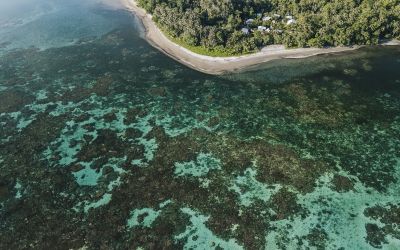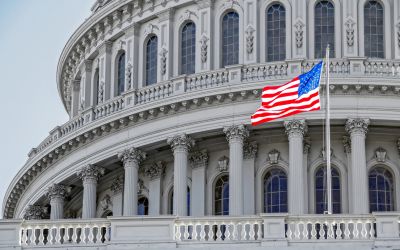US takes rare earth dispute to the WTO
The US will today file a complaint against China over the country’s restrictions of rare earth exports at the World Trade Organization (WTO).
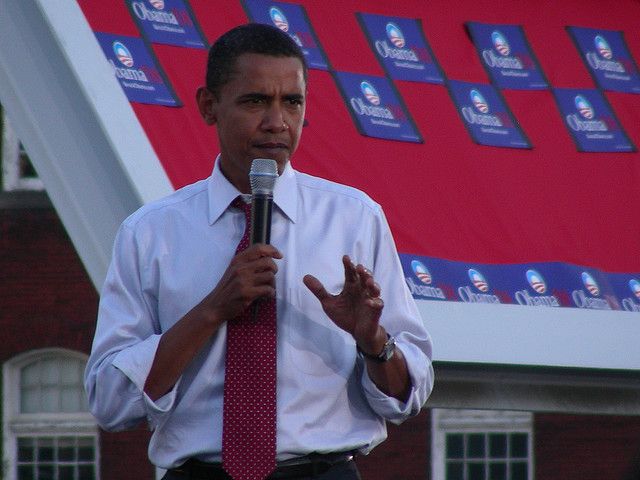
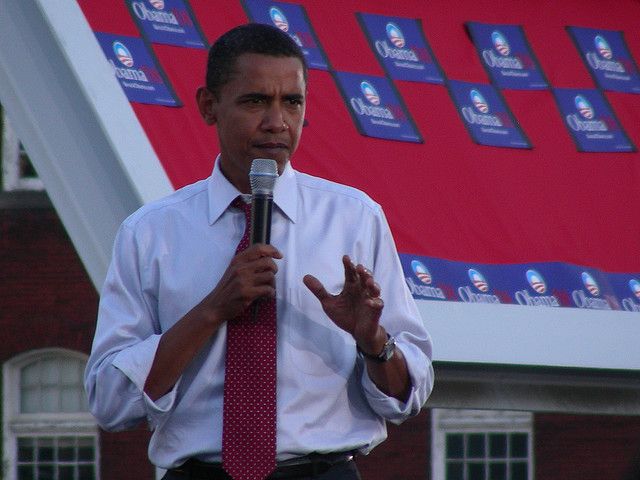
The US will today file a complaint against China over the country’s restrictions of rare earth exports at the World Trade Organization (WTO).
President Barack Obama will personally announce the country’s decision to join the European Union and Japan in requesting consultations with China at the Geneva-based trade arbiter over the rising cost of rare-earth shipments, a White House official told Bloomberg yesterday.
In 2010, China, the world’s largest exporter of rare-earth minerals, decided to limit the export of rare earths by 40 percent, which has seen the price of exporting minerals, vital in the manufacture of high-tech products, rise dramatically.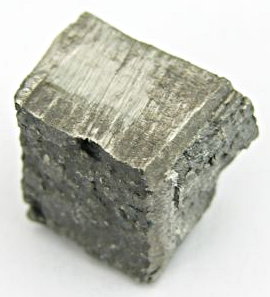
The US claims that by curtailing exports Chinese firms are left with a distinct advantage over its own manufacturers as production costs are much lower.
However, Chinese Foreign Ministry spokesman Liu Weimin said today that any allegations of China attempting to corner the market are “groundless”, and that the country is complying fully with WTO legislation.
Liu added that with China producing 90 percent of the supply of rare-earth resources the environmental caused by the mining of such minerals is not sustainable. “Despite such huge environmental pressure China has been taking measures to maintain rare earth exports. China will continue to supply rare earths to the international market,” said Liu.
.jpg) Rare earth minerals are vital in the manufacture of clean-energy technologies, including energy-efficient light bulbs, wind turbines, batteries and solar panels, and despite the fact that the price of rare earths fell slightly in the second half of last year, a growing number of companies have reacted to the volatile state of the market by investing and researching in ways that it can reduce their reliance on rare minerals. The US Energy Department is also looking at how rare-earths can be used more efficiently, through recycling and by increasing their production domestically. The department has already invested over $30 million to 14 separate research projects.
Rare earth minerals are vital in the manufacture of clean-energy technologies, including energy-efficient light bulbs, wind turbines, batteries and solar panels, and despite the fact that the price of rare earths fell slightly in the second half of last year, a growing number of companies have reacted to the volatile state of the market by investing and researching in ways that it can reduce their reliance on rare minerals. The US Energy Department is also looking at how rare-earths can be used more efficiently, through recycling and by increasing their production domestically. The department has already invested over $30 million to 14 separate research projects.
Image 01: jamesomalley | Flickr
Image 02: Tomihahndorf | Wikimedia Commons
Image 03: Climate Action Stock Photo


